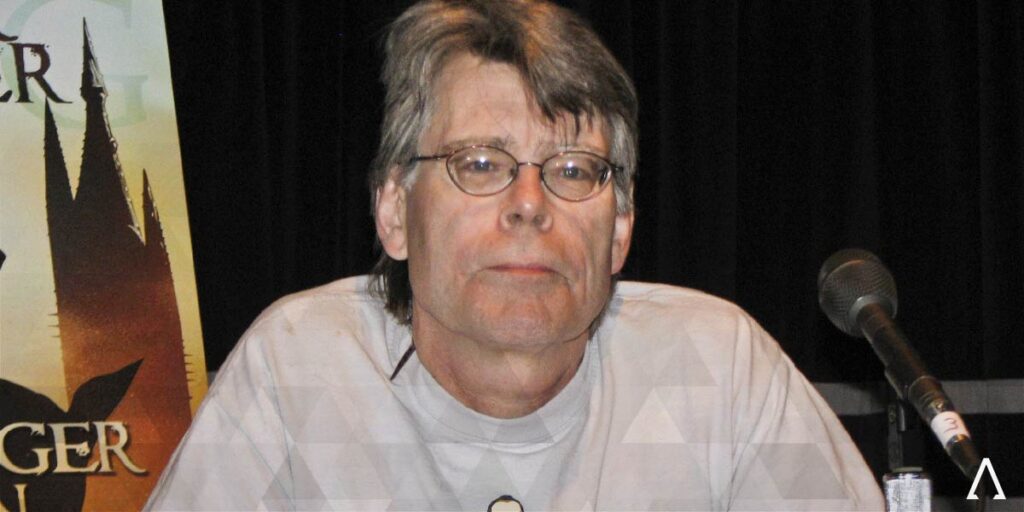There are entire books that author Stephen King doesn’t remember writing. During active addiction, he wrote some of his worst alcohol-induced impulses into his characters. Jack Torrance of the Shining is one example; since being sober, King has admitted to wanting to grab and hit his children when he was drunk.
King started drinking at age 18. He realized he had a problem when he was living in Maine. During that time, Maine became the first state to pass a returnable bottle and can law. Since you had to save bottles to recycle them rather than throw them away immediately, he noticed how bottles would pile up.
“I thought, I’m an alcoholic,” he said. “…I’ve gotta be really careful, because if somebody says, ‘You’re drinking too much, you have to quit,’ I won’t be able to.”
When some of King’s books were made into movies, he found himself at Hollywood parties, where he was introduced to cocaine. He began abusing the drug along with alcohol. But he would use any substance that came his way.
“I didn’t just have a problem with beer and cocaine,” he said. “I was an addictive personality, period. I was smoking two packs of cigarettes a day; I loved Listerine; I loved NyQuil; you name it. If it would change your consciousness, I was all for it.”
In 1987, his wife Tabitha King staged an intervention by dumping out the contents of his garbage can in front of their friends and family. The trash can effectively said all that needed to be said; according to King, it contained, “beer cans, cigarette butts, cocaine in gram bottles and cocaine in plastic baggies, coke spoons caked with snot and blood, Valium, Xanax, bottles of Robitussin cough syrup and Nyquil cold medicine, even bottles of mouthwash.” Tabitha threatened to leave if he didn’t get sober.
The intervention worked, marking the beginning of decades of sobriety for King. Before getting sober, King worried he needed substances to write; he has since admitted that he thinks The Tommyknockers, the last book he wrote before getting sober, is an “awful” book.
King realized that all he really needs to be happy in sobriety is his writing and his family. He said,“When I gave up dope and alcohol, my immediate feeling was ‘I’ve saved my life, but there’ll be a price because I’ll have nothing that buzzes me anymore.’ But I enjoyed my kids. My wife loved me and I loved her…And I discovered that the writing was enough. Stupid thing is that probably it always had been.”
Since getting sober, King has railed against the idea that addiction fuels creativity, calling it “one of the great pop-intellectual myths of our time.” His own life is a testament to that; since getting sober, he’s written about 40 books.
King’s life in general has gotten so much better since being sober; he has talked about this in many ways in countless interviews. “There’s a thing in AA,” he said, “something they read in a lot of meetings, The Promises. Most of those promises have come true in my life. ‘We’ll come to know a new freedom and new happiness’—that’s true.”
If you are struggling with a substance use or mental health disorder, there is hope. TruHealing Centers offers high-quality treatment for addiction and mental health disorders in facilities across the country. Our staff will help you build a life you love in long-term recovery. Call an admissions specialist at 410-593-0005.








